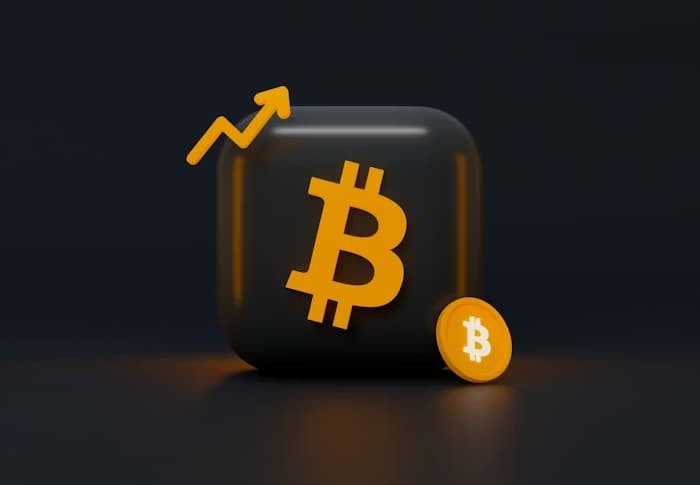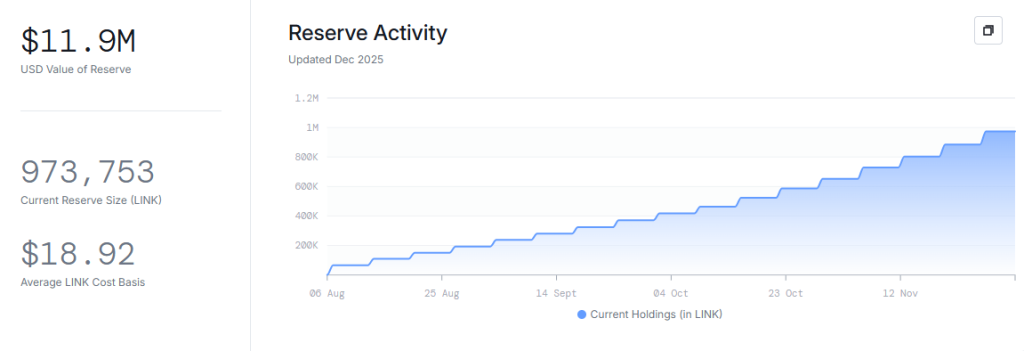Donald Trump has approved a deal allowing Nvidia to resume selling its banned H20 AI chips to China if the U.S. government gets 15% of the revenue from those sales.
The agreement also applies to AMD, making it one of the rare times U.S. export controls have been tied directly to a financial payment.
The decision reverses an earlier ban his own administration put in place and adds a new dimension to U.S. national security policy, one where access to restricted technology can come with a price tag.
For decades, Washington blocked sales of sensitive technology to foreign countries based only on security concerns, with no room for negotiation. If a product was restricted, companies could not buy their way into an exception.
Trump not only made the H20 deal but also said he would consider letting Nvidia sell a reduced-performance version of its high-end Blackwell chips to China. The H20 ban, imposed months ago, was lifted in July as part of discussions with Beijing over rare earth minerals.
Lawmakers question national security impact
Both Republicans and Democrats in Congress criticized the move, warning it risks setting up what they see as a “pay-for-play” system for sensitive technology exports.
John Moolenaar, chair of the House Select Committee on China, said export controls protect national security and “we should not set a precedent that incentivizes the government to grant licenses to sell China technology that will enhance its AI capabilities.”
Raja Krishnamoorthi, the committee’s top Democrat, said charging a fee sends the message that “American national security principles are negotiable for the right fee.”
The administration argues the security risk is low because the H20 chip was already widely sold in China before the ban. Commerce Secretary Howard Lutnick told CNBC the H20 is Nvidia’s “fourth-best chip” and said it benefits the U.S. for Chinese companies to continue using American hardware instead of turning to alternatives.
Legal concerns and financial consequences
The legality of Trump’s revenue-sharing arrangement is unclear. The U.S. Constitution bars Congress from imposing taxes or duties on exports.
Trade lawyer Jeremy Iloulian said it’s hard to know if the payment counts as an export tax without more details, but noted that “there has never been a consideration of how much companies need to pay to receive an export license.”
Kyle Handley, a trade policy professor, said, “It sure looks like an export tax to me … they can call it whatever they want.”
Nvidia did not confirm the 15% figure but said it follows U.S. government rules. A spokesperson said the company has not shipped H20 chips to China for months and hopes export rules will allow it to compete in China and globally.
AMD confirmed it has approval to export some AI processors to China but did not comment on any revenue-sharing deal, saying only that it complies with export laws.
Sarah Kreps, a professor at Cornell University, said the deal reflects a broader pattern where “everything now in this administration seems negotiable in ways that were not the case before,” adding she expects more agreements like this in the future.
Financial analysts warned the levy could cut profit margins on China-bound processors by 5 to 15 percentage points, reducing Nvidia and AMD’s overall margins by about one point. Bernstein analysts called it “a slippery slope,” suggesting it could encourage Washington to apply similar payments to other critical U.S. exports.
Hendi Susanto, a portfolio manager at Gabelli, said companies selling strategic goods to China will now question if the same model will apply to them, calling remittance “a burden, or a lifeline to preserve market access to huge and growing opportunities in China.”
KEY Difference Wire helps crypto brands break through and dominate headlines fast


